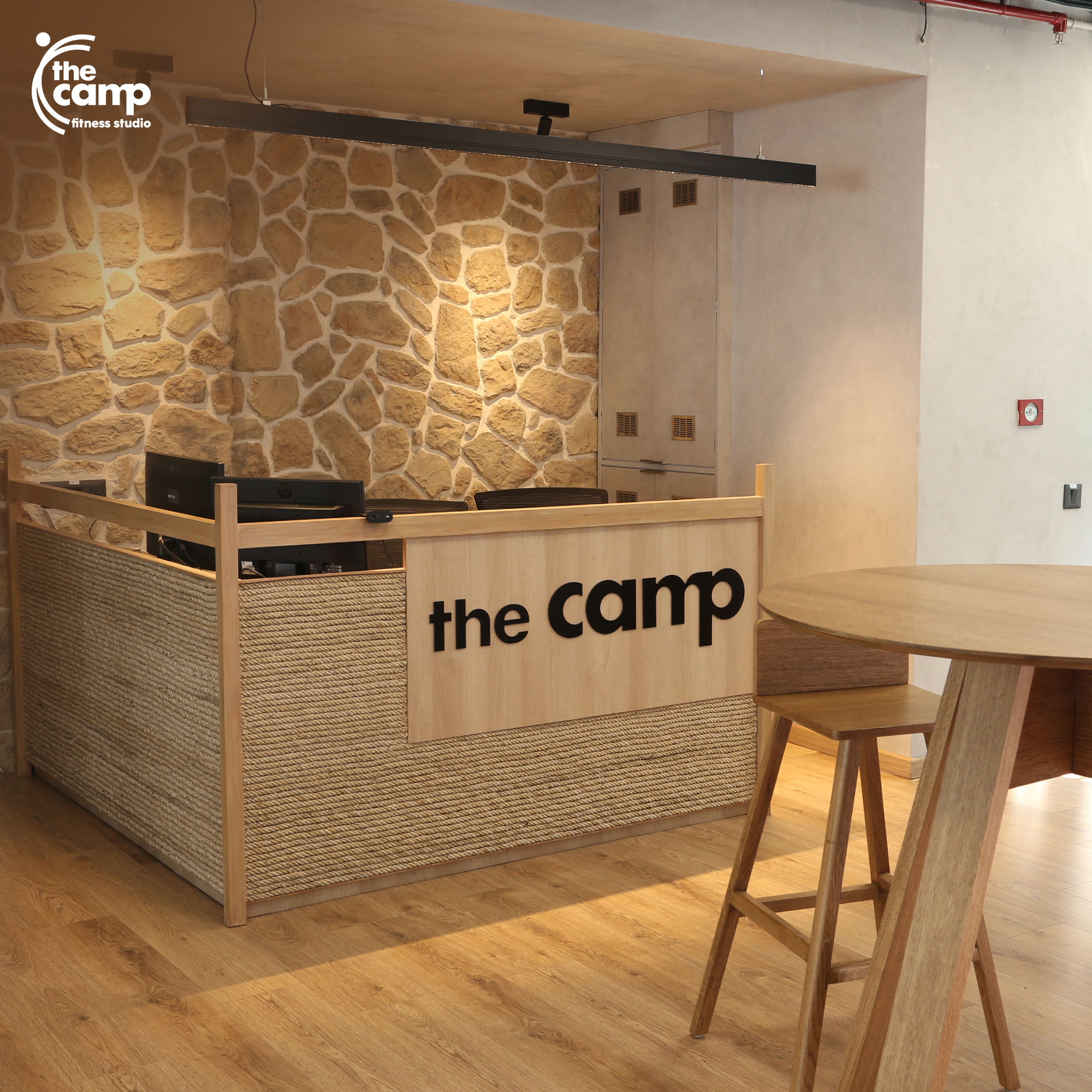1. Why Breathing is a Vital Thing
Your lungs fuel your body while you are exercising. However, here is an interesting thing: normally, we barely make use of our full lung capacity. We take shallow breaths, which means we do not get as much oxygen as we might. Upon using breathing techniques for energy, you can inhale more air, thus providing your body with the necessary energy to work efficiently throughout your session.
Fun Fact:
The average person only uses about 10% of their lung capacity at rest! But with breathing exercises, you can access up to 50% more lung capacity, giving you more energy for your workouts. Pretty amazing, right?
2. Breathing Techniques for More Energy
If you breathe deeply and correctly during your training sessions, you will be less tired and your performance will be at a higher level for longer. Instead of holding your breath during a weight lifting session or cardio, use these simple techniques:
Diaphragmatic Breathing (Belly Breathing):
In place of using only your chest, try to bring air into your belly. That will increase your oxygen intake, thus giving you more energy. Here is a small exercise: take deep breaths in through your nose and feel if your tummy goes out. Keep the breath for a while and then exhale slowly through your mouth. Do it a couple of times so you can feel how it is going.
Box Breathing:
This technique can contribute to better concentration and a more relaxed state of mind. Count to 4 while inhaling, then hold your breath for 4 counts. After that, exhale for 4 counts and hold your breath for 4 again. This is particularly effective at times when you are doing an intense workout or even during more relaxed breathing, in case you have a lot on your mind.






